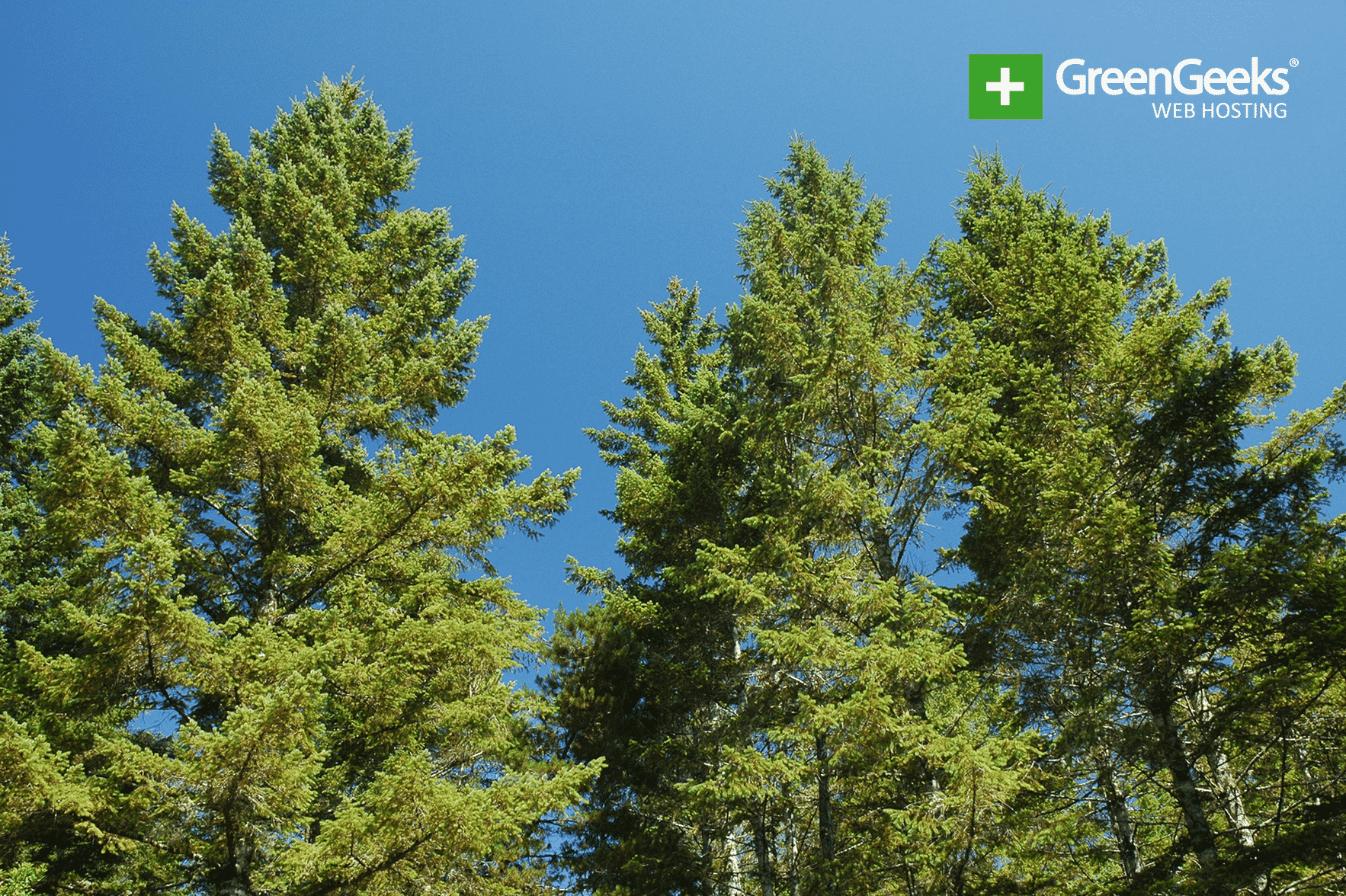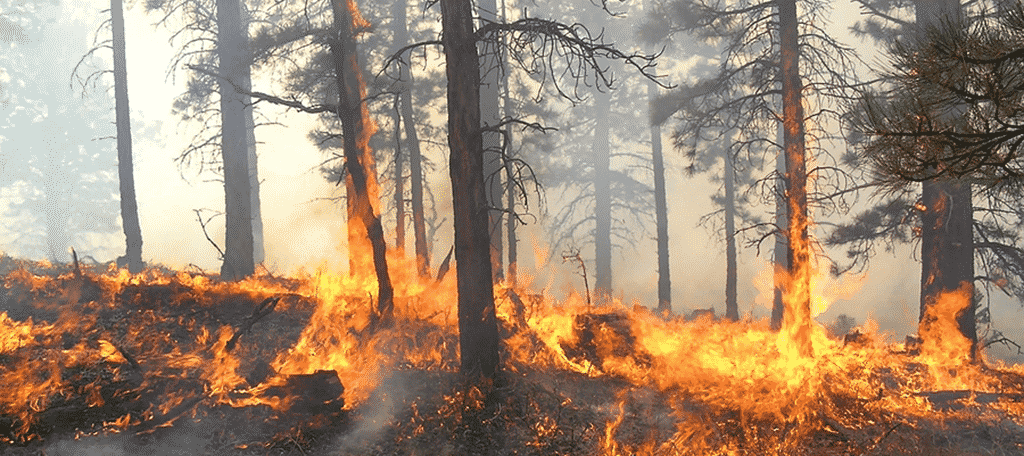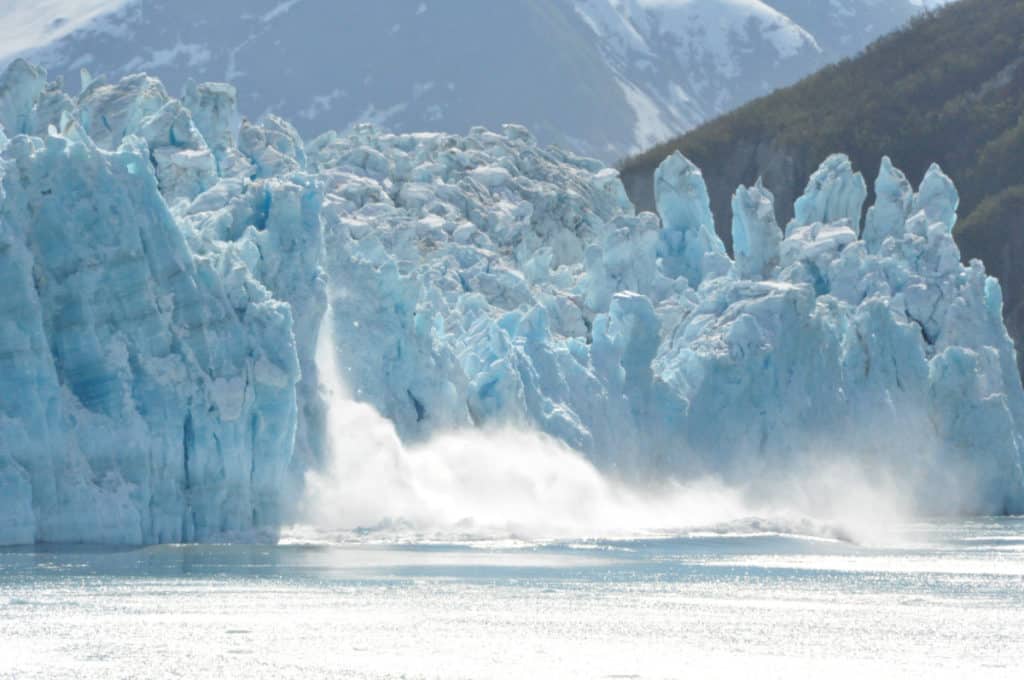
The Douglas Fir and Ponderosa Pine are struggling to survive due to climate change. With increased amounts of forest fires and droughts, new saplings for these trees are finding it difficult to grow.
These findings were part of a recent report by the Proceedings of the National Academy of Sciences (PNAS). To put it simply, climate change has and is doing so much damage that forests can no longer keep up by regrowing.
How Bad Is It

Climate change has rapidly accelerated the effects we are seeing on forests. While this would have happened over centuries, because of climate change it only took 20 years. Regions in California, Colorado, and other areas of the western United States are seeing lands become unsuitable for tree growth.
California is well-known for its forest fires and these have only gotten worse in recent years. These constant forest fires are slowly, but surely, taking their toll on forests. The land where these fires take place is becoming less likely to support tree growth. Thus, more trees are being destroyed than grown.
Both the Douglas Fir and Ponderosa Pine are highly susceptible to forest fires. While the trees have thick bark, which is good for resisting smaller fires, their canopy cannot handle the severity of wildfires that the region experiences.
Is It Reversible
Ultimately, emissions are not going to stop overnight and the environment will not be able to recover as it continues. In reality, forest fires have become much more common and these trees will burn away and the land will be unable to support their growth. Even with more planning being done on forest fire prevention, they are still going to happen and young trees will not survive.
The Impact of Fewer Forests
Without a doubt, fewer forests are bad for the planet and will only speed up climate change. Trees absorb carbon dioxide, the number one greenhouse gas, which helps slow down the process. However, as more trees burn up, more carbon is released and less is absorbed.
The loss of these tree species will not just impact the environment. Both of them are a big part of the United States timber industry because their populations were so plentiful, but that is changing. This will have serious economic consequences as well as affect other species of trees because they will be the new target of lumberjacks.
Overall, the effects of global warming are on full display and the shrinking of our forests is proof of it.

